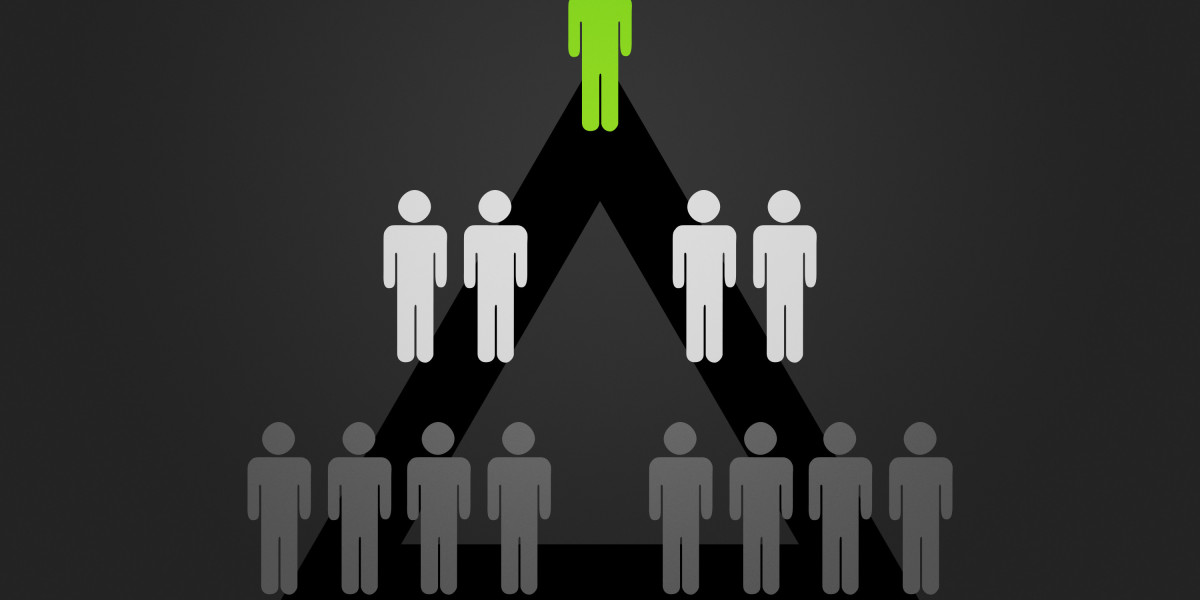In recent years, the financial landscape has seen a major shift in direction of alternative lending options. Among these, free loans with no credit check have emerged as a compelling option for individuals in search of monetary assistance with out the burdensome requirements sometimes associated with traditional lending. This case study explores the implications, benefits, and challenges of these loans, highlighting their affect on borrowers and the broader financial ecosystem.
Background
The idea of free loans with no credit check is relatively new, pushed by the necessity for extra inclusive monetary services. Conventional lenders typically rely on credit scores to evaluate borrower risk, which might exclude many individuals, particularly those with restricted credit historical past or poor credit score scores. In contrast, free loans with no credit check aim to supply access to capital with out the barriers of credit assessments.
These loans are usually provided by non-revenue organizations, peer-to-peer lending platforms, or group-based initiatives. They typically include low or zero interest rates, making them a lovely choice for borrowers who may be struggling to secure funding by way of standard means.
Case Research: Neighborhood Lending Initiative
To illustrate the affect of free loans with no credit check, we look at a community lending initiative launched in a mid-sized metropolis in the United States. The initiative, named "Community First," was established in 2021 with the goal of offering financial support to low-earnings residents and people going through economic hardships.
Program Construction
Community First affords small quick loans no credit checks loans ranging from $500 to $2,500, with no interest and no credit check required. The group funds these loans by way of donations, grants, and partnerships with native companies. If you beloved this article and you would like to receive more information concerning payday loans no credit check las vegas kindly stop by the web site. Borrowers are required to attend monetary literacy workshops as part of the application course of, ensuring they are outfitted with the information to manage their finances successfully.
Goal Demographics
The initiative primarily targets people who are unemployed, underemployed, or have skilled unexpected bills, equivalent to medical emergencies or automobile repairs. By specializing in these demographics, Community First aims to alleviate immediate financial pressures and promote long-term financial stability.
Influence Analysis
Optimistic Outcomes
Since its inception, Group First has disbursed over 1,000 loans, totaling greater than $1 million in monetary assistance. The impact on borrowers has been profound, with many reporting improved monetary stability and decreased stress. Key outcomes embrace:
- Elevated Access to Capital: Many borrowers who previously struggled to secure loans from traditional lenders found relief via Community First. The absence of credit score checks allowed individuals with poor credit or no credit history to access funds when they wanted them most.
- Financial Literacy Improvement: The mandatory financial literacy workshops have empowered borrowers with important expertise. Members reported elevated knowledge about budgeting, saving, and managing debt, which has contributed to higher monetary choice-making.
- Group Empowerment: The initiative has fostered a way of community among borrowers, encouraging them to support one another and share experiences. This network has become a helpful resource for people in search of steering and encouragement of their monetary journeys.
- Discount in Predatory Lending: By offering another to excessive-curiosity payday loans and other predatory lending practices, Group First has helped cut back the financial burden on vulnerable populations. Borrowers have expressed gratitude for avoiding the cycle of debt often related to these predatory loans.
Challenges Confronted
Despite the constructive outcomes, Neighborhood First has encountered several challenges that warrant consideration:
- Sustainability of Funding: The reliance on donations and grants poses a threat to the long-term sustainability of this system. As demand for loans continues to grow, securing constant funding becomes increasingly critical.
- Loan Default Charges: While this system has experienced comparatively low default rates, some borrowers have struggled to repay their loans on account of ongoing financial difficulties. This highlights the necessity for continued support and sources for individuals facing financial challenges.
- Scalability: The success of Community First has raised questions on scalability. As demand increases, increasing this system to serve more individuals whereas maintaining quality assist and sources presents a logistical problem.
Conclusion
The case research of Community First illustrates the potential of free loans with no credit check to remodel the lives of people dealing with monetary hardships. By offering accessible capital and promoting financial literacy, such initiatives can empower borrowers to regain management over their monetary futures. However, the challenges of sustainability, loan default charges, and scalability have to be addressed to make sure the lengthy-term success of these programs.
Because the demand for inclusive monetary options continues to grow, stakeholders in the financial sector should explore revolutionary approaches to lending that prioritize accessibility and training. Free loans with no credit check signify a promising step in the direction of a extra equitable financial landscape, but ongoing support and strategic planning might be essential to maximise their impression.
Future Concerns
Trying forward, it is crucial for organizations like Group First to collaborate with financial establishments, policymakers, and community leaders to create a strong help system for borrowers. This may occasionally embrace growing partnerships that improve funding alternatives, implementing complete follow-up assist for borrowers, and advocating for coverage adjustments that promote fair lending practices.
In conclusion, free loans with no credit check have the potential to make a significant difference within the lives of many individuals. By addressing the barriers to conventional lending, these programs can foster financial inclusion and empower communities to thrive economically. The journey in direction of a extra equitable financial future is ongoing, and initiatives like Group First are on the forefront of this vital motion.








